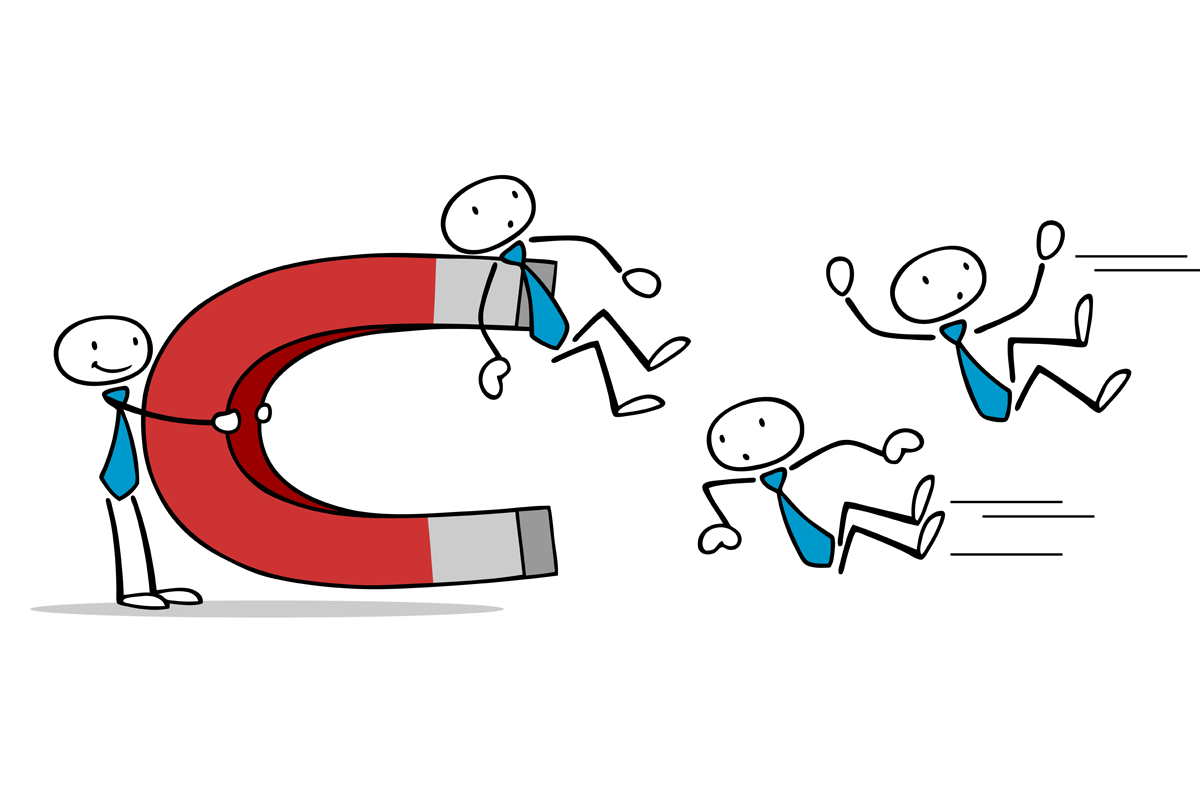Frame and Frame Strength Analysis

What is frame? It’s that thing that everybody wants. You know when you have it, you know when you lose it. You can sense it when somebody else has it. We note the difference between “the” frame and “frame strength.”
Frame Strength vs. The Frame
Everybody has frame strength. When two people are in a conversation, whoever has the most frame strength will have the frame. When we say somebody “loses” the frame, it suggests that at one point during the conversation they “had” the frame, which meant they had more frame strength that the other person, but the other person’s “frame strength” overcame theirs.
Right off the bat this indicates that frame is fluid, flexible, always changing. It also suggests that ones own personal frame strength is fluid, flexible, always changing. Now the question is how, specifically, does this happen? How does one person “lose” the frame, and another person “get” or “win” the frame?
Random Frame Shifts?
Does the frame shift like the wind? Does the frame depend on things outside of our control? Not likely, otherwise we wouldn’t use language that suggests the frame is held by “winners” and “losers.” We tend to use our metaphors to accurately represent how we think about things. And when we say metaphors, we mean how we use them within sentences without thinking. Not when writing poetry, fiction or lyrics.
Enter Lakoff

George Lakoff was a student of Noam Chomsky. Lakoff’s theory on metaphors is that our metaphors we use to describe intangible objects indicate how we feel about those objects. For example, if you say you are “in a meeting,” we think of a meeting as a container, since you put things “in” a container. The meeting is an intangible noun. There is a meeting room, tables and chairs, people, but the meeting itself is a shared hallucination. It exists only in the minds of the participants.
But we need to talk about it. Lakoff’s theory is that whenever speak of these intangible nouns, we must speak of them as if they are real things. Because real things are the only thing our grammatical structure can handle. And we can see how we think about these intangible nouns by the words we use around them. Like “in” a meeting. Or “in” love. Or “going through” some problems. Or “get over” an objection. Or “lose” the frame.
What Can We Lose?
We can lose a competition, or we can lose an object. There is an overlap between these two concepts. Often, when you “win” a competition, you receive an actual object, like a trophy. So we can think of a frame as a metaphorical object. And we can assume there is only “one” frame in any conversation, since we say, “the” frame.
So Far So Good
So we’re having a conversation, and one minute we “have” the frame, but then we “lose” the frame. Which means that the other person has temporarily “won” the frame, since we “lost” it. We can assume that each of us wants the frame, since you win things you want, and you lose things you want. (Unless you’re trying to lose a guy in ten days, but that’s a different metaphor…)
Frame Is Intention

We might say that “having the frame” is synonymous with “being more likely to get your intention.” Or maybe even “being in control of the outcome” of the conversation or interaction. You are talking to a girl in a bar, and you want her phone number. The “meaning” or “frame” of the conversation is that you are going to get her number. She sees you walking over and she decides the meaning of the conversation is to get a free drink from you. Whoever holds the frame will get their outcome.
Sales Frames
If you are describing a product to a customer, the outcome you hope to achieve is getting a sale at a certain price. From their perspective, the outcome they hope to achieve is getting the sale at a certain price. If the prices are close enough, you have a “win-win” outcome where both of you keep the frame. Nobody lost, everybody wins. If a price isn’t agreed upon, then both teams lost, since neither party got their outcome.
Frame Definition
You probably know all of this already. If you’ve ever talked to another human, and didn’t get what you wanted, and then talked to another human about that previous conversation, these ideas are common. But we want to go beyond the fuzzy definition of a frame. We want to see what it’s made of, so we can make our stronger.
Frame and Belief
If you believed, with every ounce of your being, the idea of which the conversation was about, you would more than likely keep the frame. This is why cult leaders are so compelling even though their ideas are loony. They believe them with an incredible amount of strength. They have zero doubts about their ideas. Their frames are so strong, people enjoy them.
Frame and Content

It’s generally accepted that a certain type of person is more likely to get sucked into the frame of a cult leader. Somebody who isn’t firmly grounded in who they are, for whatever reason. People that don’t find a lot of meaning in their lives. To somebody with little meaning in their own life, and a very weak sense of self, a strong frame, despite its loony content is very compelling.
Humans need meaning. Without meaning, we will find it. And if the only place we can find it is in a suicide cult, that seems to be better than no meaning for many people. So we can say that your ability to hold the frame (and not lose it) is dependent on the content.
The weirder or crazier the content, the more frame strength you’ll need. People with the content of “this product is worth the money I’m asking” will have an easier time holding that frame than people with the content of “you need to join us out in the middle of the desert where our spaceship will meet us at midnight”.
If you are talking to girls or guys in bars, the content of “let’s exchange numbers” needs to have less frame strength than “let’s go have sex in the bathroom.”
Belief and Congruence
Belief in the content and congruence are highly related. Congruence is also not necessarily connected to belief. If you wanted to see a certain movie, for example, and you were knew beyond a shadow of a doubt that it would be an enjoyable experience, we can say you are have strong congruence in your desire.
The more congruent you are in your desire, the stronger of a frame you’ll have. We need to be careful here. If you have a strong desire to see a certain movie, that’s one thing. Why isn’t having a strong desire to get a girl’s phone number just as strong? Don’t you want her number as much as you want to see the movie, if not more?
Congruence and Expected Resistance
When you think about a movie, there will be no resistance. If there is, it’s fairly binary. Meaning they either have tickets or they don’t. If they don’t, the only issue is waiting until they do. Maybe in another couple hours, or maybe even a couple days. But if you ask for a number, even if you think she or he is an angel straight from heaven, and you’d like their number a billion times more than seeing the movie, there is another element in play.
Purchase Metaphor More Appropriate

When you are selling something, you are making an exchange. You must believe not only that the product is valuable, you must believe that it is worth what you are asking. But even more important is you must believe that it is worth the money, based on the subjective value of that amount of money held by the customer.
Suggesting A Mutual Action
Whenever you suggest a recommended course of action to another human, (exchange numbers, have dinner, go to club X vs. Club Y) you must understand everything involved. When you ask for somebody’s number, you are suggesting that them giving you their number, considering everything that could happen, is a better idea than not giving you their number.
This is not as simple as it seems. If they don’t give you their number, their life continues on just as it has. If they are pretty happy with their life, you might need to have some obvious value to add to it. If they are bored, if they are trying to get revenge on their ex, you may have an easier time.
Suggested Courses Of Action Require Self Belief
This means if you are suggesting anything related to you (compared to movie X vs. movie Y) you must have a strong sense of belief in your own value. Whenever you present a mutual action as an option (give me your number, go out with me, etc.) you are saying that doing that thing with you is a better option than anything else they could potentially be doing during that time.
Frame And Target

If you were selling a car to somebody with no money (or no driver’s license), you wouldn’t make the sale no matter how strong your frame was. If you were asking a cute girl for her number, and she turned out to be a lesbian, she wouldn’t date you no matter how strong your frame was. If you were applying for a job that required a certain credit score, you wouldn’t get the job if your score wasn’t sufficient, no matter how strong your frame was.
Transactions Require Qualified Candidates
For any transaction to occur, financial or social, both parties must agree that the transaction or shared action would be beneficial. Both parties must also be qualified. Frame strength is the only deciding factor so long as both qualities are qualified. But if one party isn’t qualified, no amount of frame strength will be sufficient.
Frame Strength and Charisma
Frame strength is related to charisma. If you sell cars, a stronger frame will help you, all else equal. If you are a player, a stronger frame will help you, all else equal. But it is also possible for the car seller and the player to have frame strength that is only associated with their jobs or hobbies. Charisma is a much more generalized frame strength that is applicable in many areas. Frame strength with selling cars is associated with a strong set of beliefs with regards to selling cars. Frame strength with being a player is a set of beliefs strongly associated with getting laid often.
But charisma requires a general set of beliefs of your overall value as a person. A very strong set of beliefs that you are a positive person that provides positive social value to a great many people. This also requires you enjoy being around a great variety of diverse people in a variety of diverse situations. Car salesman only feel comfortable selling cars, and to quote Fleetwood Mac, “Players only love you when they’re playing.”
Frame strength in specific areas, (cars, women, job interviews) are related, but not necessarily translatable.
Frame and Demonstrations of High Value

Demonstrations of High Value, (DHV) are a common tactic among PUA’s. We can classify these as consciously given, and subconsciously given. Consciously delivered DHV are done for specific reasons. Job seekers explain why they are the best one to hire. Salespeople explain why their product is the best. Players give covert examples of high value to build attraction in their targets. A strong general frame (charisma) is like a consistent stream of high value that is always on.
We might say that there is a correlation between linguistically delivered DHV and a conscious attempt to demonstrate frame strength, but this might be a mistake. It’s impossible to tell of a linguistically delivered DHV was done on purpose or is wholly subconscious. However, one can generally tell when in the moment. DHV given consciously are very similar (and often identical) to “humblebrags,” which are weak attempts to convey value while simultaneously pretending not too.
Conscious Frame Strength and Qualified Targets
These are often situational, as in job interviews, sales pitches, and overt pickup attempts. The persuader first qualifies the target, which also demonstrates frame strength in itself. Once the target is qualified, the strong frame is delivered and one or more closes are attempted. Often there is plenty of overlap between the frame strength presentation and qualification.
Testing Qualified Targets
Overt persuaders with plenty of experience (job seekers, sales people and players) will often see demonstrations of disqualification as objections to be overcome. The guy who says he can’t afford the car is only saying that because he’s still not sure if he wants it. The hiring manager who says there aren’t any positions open is only saying that because he isn’t quite sure of the candidates credentials. The girl who says she has a boyfriend is only saying that because the player hasn’t built up enough attraction.
Unconscious Frame and Targets

Those with unconscious frame strength typically don’t need to spend much effort on persuasion, as their frame does all the qualifying for them. The most overt example of this is the famous Soup Nazi from Seinfeld. His product was so valuable, and in so much demand, he overtly kicked people out of his shop for the slightest infraction. He had zero need for any DHV, as his product did the work for him.
Those that are naturally charismatic with extremely strong frames never need to do any convincing as to their value, especially in social situations. They just show up and let all the candidates in the crowd sort themselves out.
Frame Evolution
One’s frame is never set in stone. Experience is the greatest builder of frame strength, most especially trial and error experience. When one gets rejected from a girl for the first time, it’s deadly. But after getting rejected several hundred times (and getting accepted many times) subsequent rejections are of little concern.
Beginning salespeople often need several years of experience before finally being able to effortlessly sell their product without much conscious effort.
The evolution of one’s frame is a combination of successes to mentally recall in many situations, as well as failing and realizing that failures can also turn into successes, so long as something is learned, as well as realizing that few failures are as bad as they are imagined.
Purposely Building Frame Strength

While most people never consider their frame, the strength of their frame and how to increase its strength, building frame strength is very much like building muscle. Muscle only becomes stronger after first being broken down slightly, and coming back with more strength. Consider your frame to be under your complete control.
Frame Exercises
To build a stronger frame, consider working it out regularly just like you would your muscles. So long as you don’t overexert yourself to the point of frame injury (which would equate to damage to self-confidence, self-esteem and sense of self), you can slowly build your frame over time. Start doing something today, just a little bit, and soon you will have a rock solid frame that comes with personal magnetism and charisma that will be a social asset.
Learn More

Mind Persuasion has plenty of books and courses all designed to help you improve your social and persuasion skills to maximize your social and financial benefits.
Mind Persuasion Books
Mind Persuasion Courses